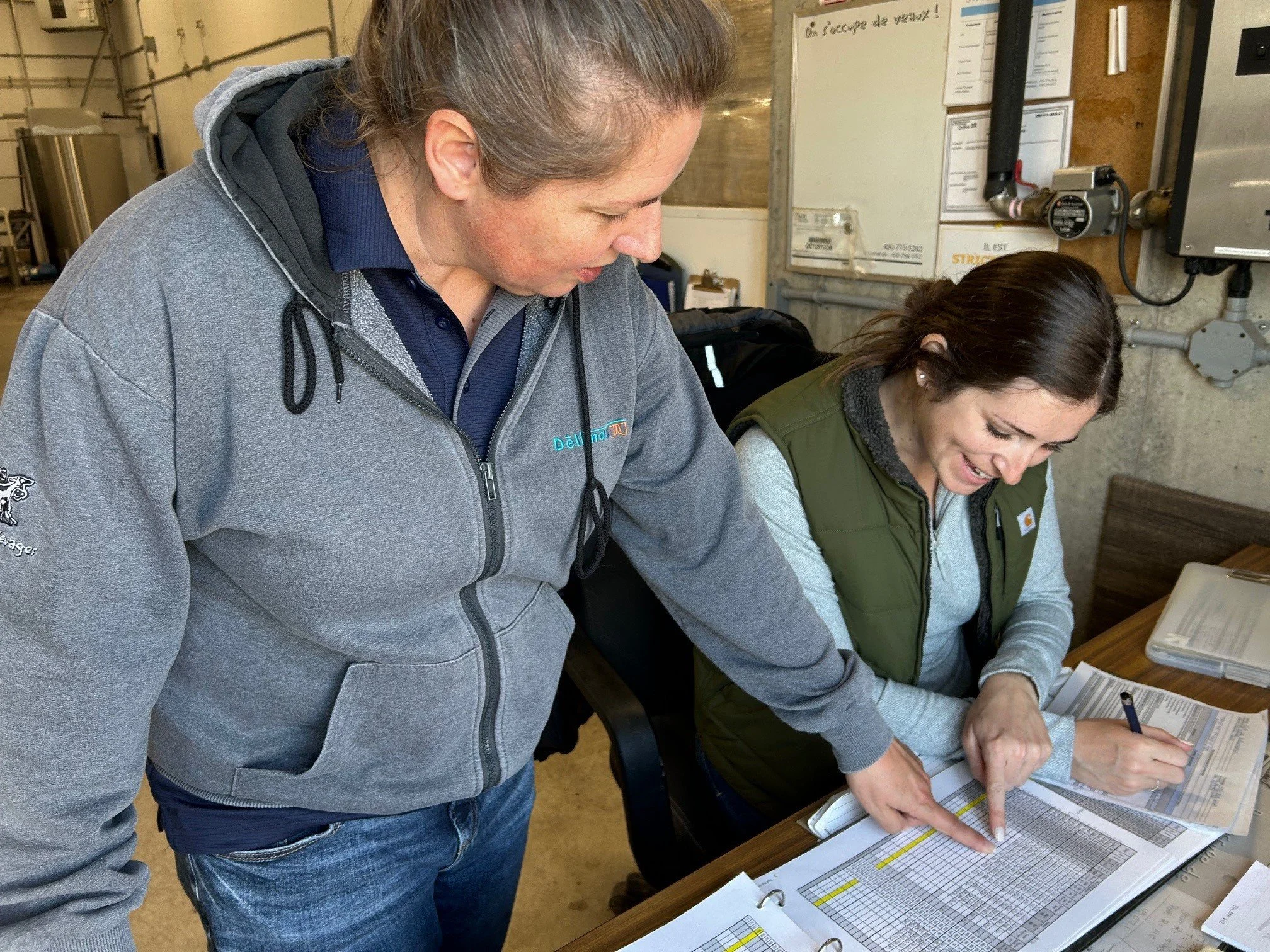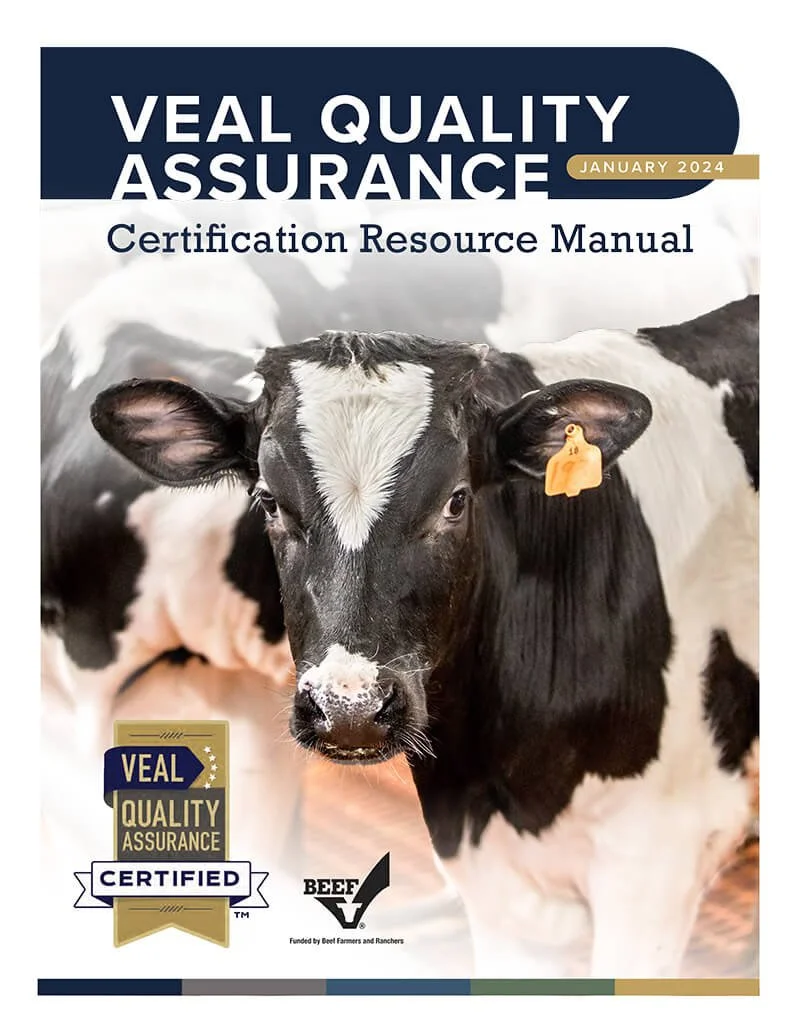AVA member companies and farmers are committed to the ethical welfare of the animals we raise.
The Veal Quality Assurance (VQA) program embraced by AVA members provides a framework of ethical standards to ensure formula-fed veal calves raised in the U.S. and Canada receive excellent animal care and that those raising calves, in collaboration with licensed veterinarians and animal nutritionists, follow science-based best practices and regulatory requirements to prioritize animal welfare throughout the production system resulting in consistent, safe, quality veal.
The VQA program and certification process is science-based and is technically reviewed and updated every five years. The 2024 VQA manual was reviewed and updated by a Technical Review Group in 2023. Validation that expected outcomes are met for certification is provided by licensed veterinarians and third-party audits.
On AVA member farms, we ensure animals are raised in areas that enable each calf to comfortably rest, easily stand, move about freely, turn around fully, and socialize with other animals. Additionally, veal calves are never tethered, never given hormone implants, castrated or dehorned. Antibiotic use is strictly regulated and used only as needed for the health and well-being of the animal and under the direction of a veterinarian.
AVA originally created the Guide for the Care and Production of Veal Calves in 1990. Since then, this document has evolved into the VQA program funded by the Beef Checkoff and managed by the Meat Institute. Learn more about the Veal Quality Assurance program and access the resource manual.


